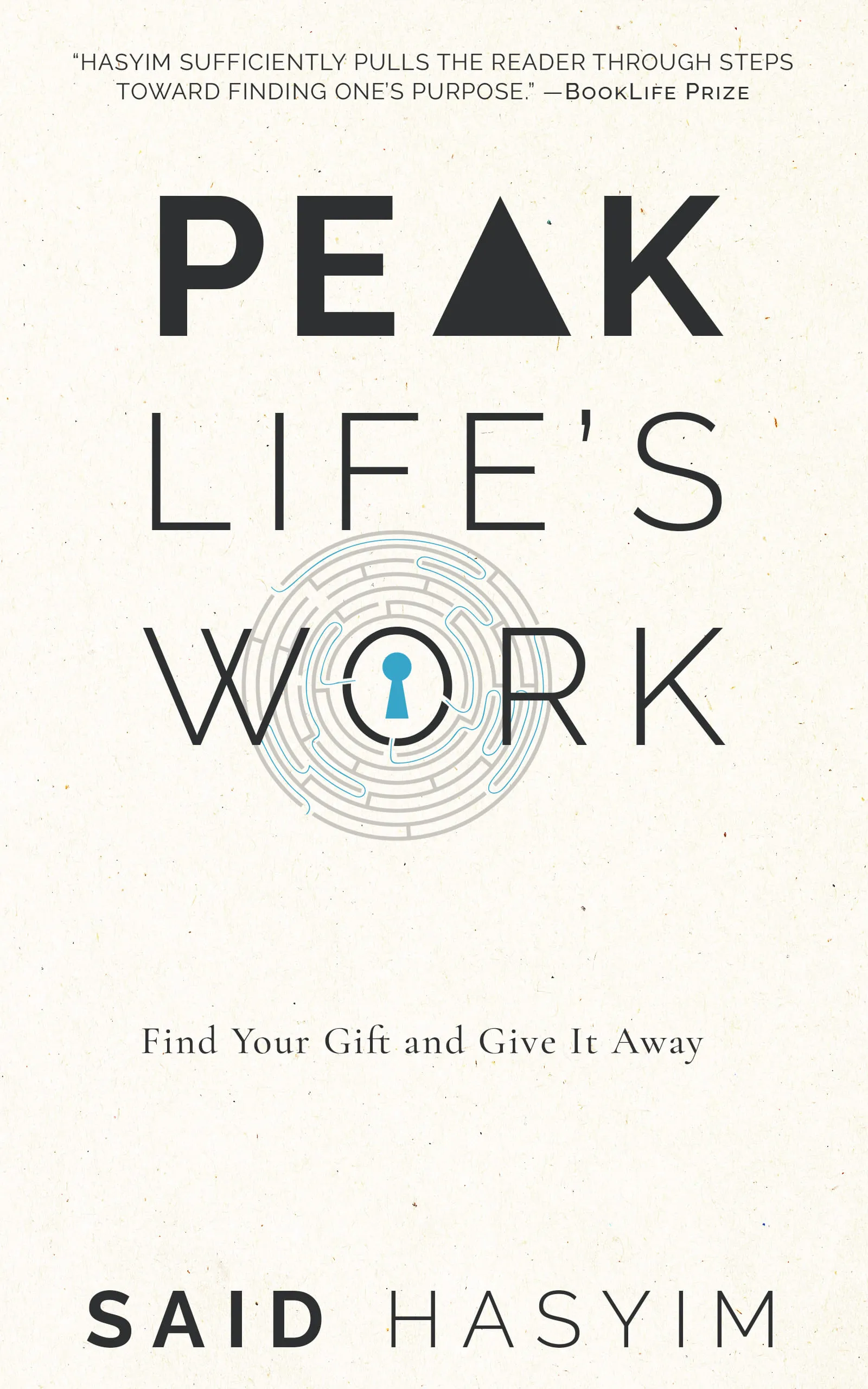The Link Between Gratitude and Gift Giving
Gift-giving has been a cherished tradition across cultures and throughout history. Whether it's a birthday, holiday, or special life event, the practice of exchanging gifts carries profound meaning beyond the material value of the items themselves. At the core of this tradition lies a powerful emotion: gratitude. This blog post will explore the intricate link between gratitude and gift-giving, unraveling the psychological, social, and emotional threads that bind them together.
Understanding Gratitude
Gratitude is a complex emotional response characterized by a sense of thankfulness and appreciation. Rooted in the acknowledgment of kindness received, gratitude can be directed towards others, nature, or even oneself. Research in positive psychology suggests that practicing gratitude can lead to improved mental well-being, greater life satisfaction, and stronger relationships.
The act of feeling grateful prompts a desire to reciprocate. This sense of reciprocity translates beautifully into the avenue of gift-giving. When we experience gratitude toward someone, we're often motivated to express that appreciation in tangible ways. Gift-giving becomes a language through which we articulate our respect, thanks, and love for others.
The Psychology of Gift-Giving
1. Reciprocity
The concept of reciprocity is foundational in social psychology. When someone does something kind for us, it creates a psychological debt that many feel compelled to repay. This compulsion often manifests in the form of gifts. The more profound the gesture of kindness, the more significant the gift might become.
2. Social Bonds
Gift-giving plays a crucial role in nurturing and solidifying social relationships. When we gift something meaningful to someone, it reinforces our connection to them. Research suggests that the act of giving can increase feelings of social belonging and strengthen our ties within a community.
3. Emotional Expression
Gifts often serve as vessels for emotions. A carefully chosen gift can express sentiments that words may fail to convey. This emotional expression of gratitude can lead to deeper interpersonal connections, making the act of giving highly therapeutic for both the giver and the receiver.
The Different Forms of Gift-Giving
1. Material Gifts
The most common form of gift-giving involves tangible items. From personalized presents to thoughtful surprises, material gifts symbolize our appreciation. While the value of these items can vary widely, their emotional significance often eclipses their monetary worth.
2. Experiential Gifts
In recent years, there has been a shift toward gifting experiences rather than physical items. Activities such as concert tickets, travel adventures, or cooking classes embody shared moments of joy. These gifts can foster gratitude as they create lasting memories that deepen our connections.
3. Acts of Service
Sometimes, the greatest gifts come not in the form of objects or experiences but in acts of kindness. Offering your time and care—be it helping a friend move or babysitting for a family member—can greatly embody gratitude. These acts strengthen bonds and often lead to a circle of giving and receiving that enhances social ties.
The Impact of Gratitude on Gift-Giving
1. Enhanced Thoughtfulness
When we cultivate a sense of gratitude, we are more attuned to the needs and desires of others. This heightened awareness leads to more thoughtful and intentional gift-giving. Instead of opting for generic items, we may take the time to consider what would be genuinely meaningful to the recipient.
2. Increased Generosity
Understanding the blessings in our lives inspires a generous spirit. How often do we hear stories about individuals who, after experiencing generosity from others, feel compelled to "pay it forward"? This dynamic creates a continuous loop of giving, where each act of kindness inspires further acts.
3. A Focus on Relationships
Gratitude shifts our focus from material wealth to the richness of relationships. As we recognize the significance of those in our lives, we are more likely to give gifts that strengthen bonds. In such an environment, both giving and receiving become exercises in deepening interpersonal trust and affection.
Cultivating a Gratitude Mindset
1. Practice Gratitude Daily
Begin by recognizing the things and people you are thankful for on a daily basis. Journaling about your experiences can help solidify this mentality. Over time, you'll notice an increased tendency to express gratitude through your actions—gift-giving included.
2. Be Mindful of Your Relationships
Take time to reflect on your relationships, both significant and casual. Consider how you can express gratitude through meaningful gifts, whether big or small. This thought process can lead to more intentional acts of kindness.
3. Shift Your Perspective
Instead of viewing gift-giving as an obligation, reframe it as an opportunity to connect and express love. This shift in mindset can make the experience more fulfilling for both you and your recipients.
4. Embrace Non-Material Gifts
Remember that gifts do not always require money. Acts of kindness, compliments, or simply offering your time can be as meaningful as a physical present. Explore ways to express gratitude through different channels.
Conclusion
The connection between gratitude and gift-giving is a significant aspect of human interaction. Through goodwill, appreciation, and heartfelt gestures, we fortify bonds and celebrate our relationships. In a world that often prioritizes materialism, cultivating a gratitude mindset can transform the way we perceive both giving and receiving, bridging gaps and fostering deeper connections.
The next time you think of giving a gift, consider the gratitude that inspires that act. Embrace the deeper meaning behind it and cherish the opportunity to express love and appreciation. In doing so, you not only enhance your own life but also the lives of those around you.
Start Your Transformative Journey
Peak Life's Work, a transformative book to unlocking your true potential and finding purpose. Learn science-backed strategies from top performers to enhance skills and creativity. Gain insights into success and failure while uncovering your personal talents. With practical steps for self-discovery and nurturing talent, this book equips you for a fulfilling journey toward your greatest work.
